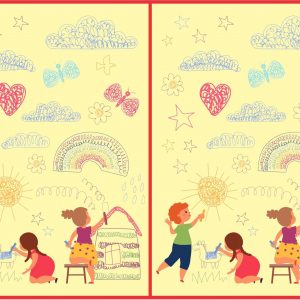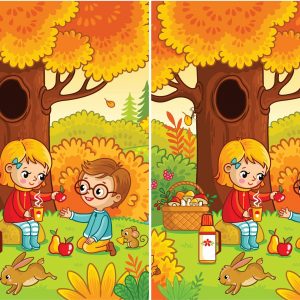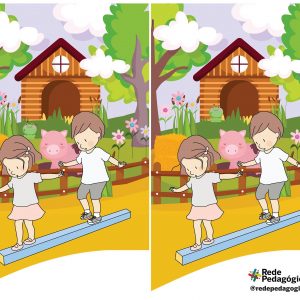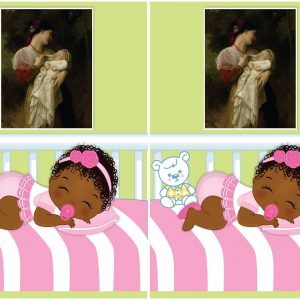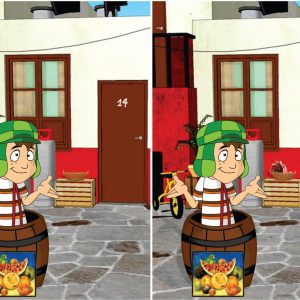The Power of Friendship: How Childhood Bonds Shape a Lifetime of Happiness
Friendship is one of the most beautiful and essential relationships in life, and it starts at a young age. The image above captures a heartwarming moment between two schoolchildren, sharing a bright yellow umbrella, laughing, and enjoying each other’s company. This simple yet powerful scene represents the beauty of childhood friendships—carefree, joyful, and filled with trust.
But friendship is more than just fun and laughter. It plays a crucial role in a child’s emotional, social, and cognitive development. In this article, we’ll explore the importance of childhood friendships, their lasting impact on personal growth, and how we can nurture these invaluable connections.
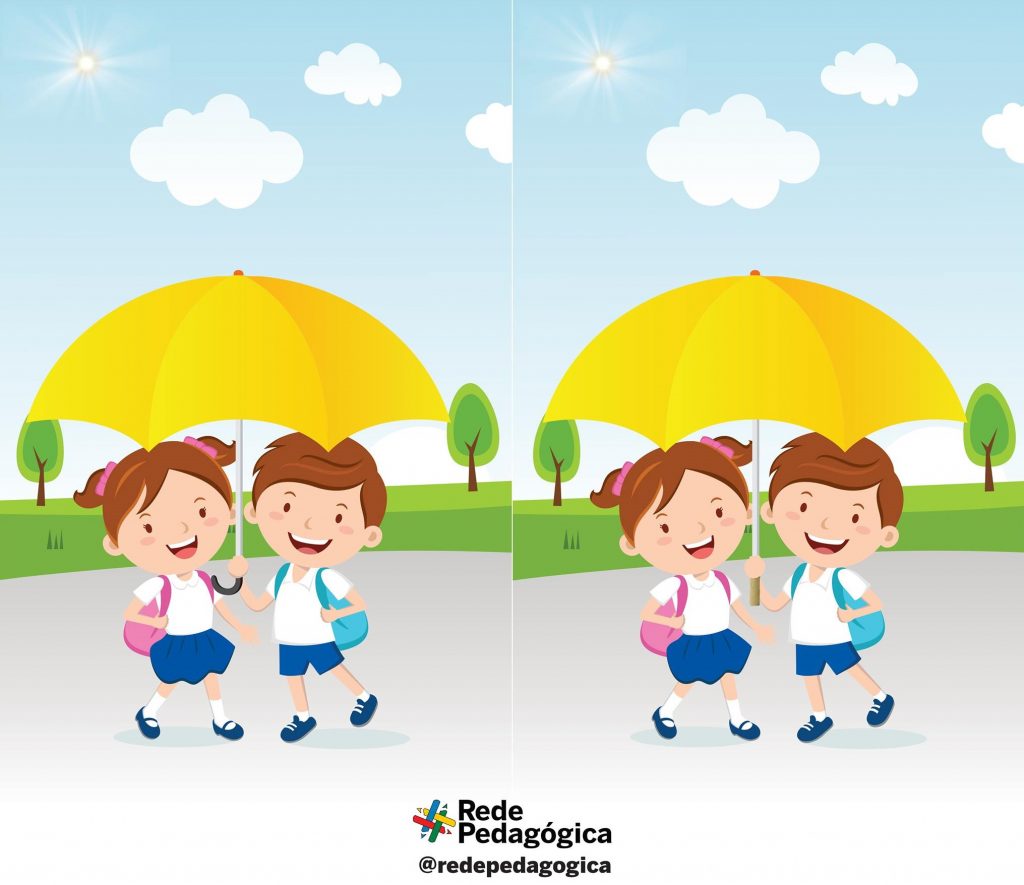
The Importance of Childhood Friendships
Childhood friendships are the foundation for learning how to interact with others. These early relationships shape a child’s ability to communicate, empathize, and cooperate with others.
Building Social Skills and Emotional Intelligence
Through friendship, children learn how to share, listen, and resolve conflicts. Engaging in conversations, expressing feelings, and understanding different perspectives help develop emotional intelligence—an essential skill for navigating relationships later in life.
Boosting Self-Confidence
Having a close friend provides a sense of belonging and security. When children know they have someone to laugh, play, and share experiences with, they feel valued and accepted. This boost in self-confidence helps them step out of their comfort zones, take on challenges, and develop independence.
The Role of Friendship in Academic Success
Surprisingly, strong friendships also contribute to a child’s success in school.
Encouraging Positive Learning Experiences
Friends make school a more enjoyable and engaging place. When children have someone to walk with, share stories with, and work together on school activities, they are more likely to stay motivated and interested in learning.
Developing Teamwork and Collaboration
Friendships teach children the importance of teamwork. Whether it’s a group project, a classroom discussion, or a sports activity, working together toward a common goal fosters cooperation, problem-solving, and leadership skills.

Friendship and Emotional Well-Being
The emotional support provided by friends is invaluable. A best friend can be a source of comfort, encouragement, and motivation, helping children navigate the ups and downs of growing up.
Reducing Stress and Anxiety
Friendships offer a safe space for children to express their thoughts and emotions. When faced with difficulties, having a supportive friend to talk to can alleviate stress and boost emotional resilience.
Teaching Conflict Resolution and Empathy
Not all friendships are smooth sailing—children will experience disagreements and misunderstandings. Learning how to apologize, forgive, and compromise are essential life skills that come naturally through friendships.

How Parents and Educators Can Foster Strong Friendships
Parents and teachers play a significant role in helping children develop and maintain healthy friendships.
Encouraging Social Interactions
Providing opportunities for children to interact with their peers through playdates, group activities, and team sports helps strengthen their social bonds. Encouraging cooperative play and inclusive behavior fosters a positive social environment.
Teaching Kindness and Respect
Modeling kindness and respect in daily interactions teaches children how to treat their friends with love and care. Teaching them about the importance of honesty, trust, and loyalty helps them build strong and meaningful relationships.

The Lasting Impact of Childhood Friendships
The friendships formed in childhood often leave a lasting impact, shaping how individuals approach relationships throughout their lives.
Developing Lifelong Social Skills
The ability to communicate effectively, resolve conflicts, and support others carries into adulthood, influencing workplace interactions, romantic relationships, and family dynamics.
Creating Cherished Memories
Many people look back on their childhood friendships with fondness, remembering the laughter, adventures, and lessons learned along the way. These memories serve as a reminder of the joy and warmth that true friendship brings.
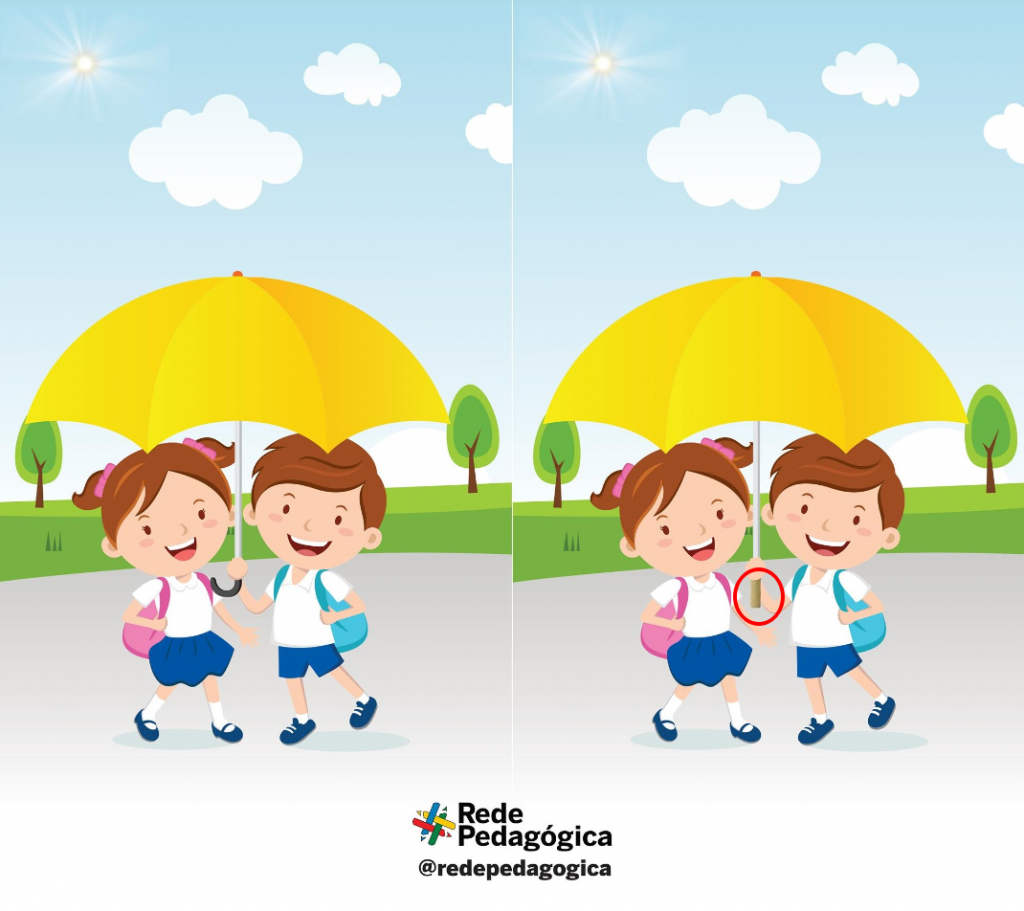
Conclusion: The Beauty of Friendship in Childhood
The image of two children walking together under an umbrella symbolizes the essence of friendship—support, companionship, and happiness. Childhood friendships are more than just play; they are essential for emotional growth, confidence, and lifelong relationship skills.
As parents, educators, and mentors, we must encourage and nurture these early bonds, helping children develop meaningful connections that will positively influence their future. Because, at the end of the day, friendship is not just about sharing an umbrella—it’s about sharing life’s journey together.
